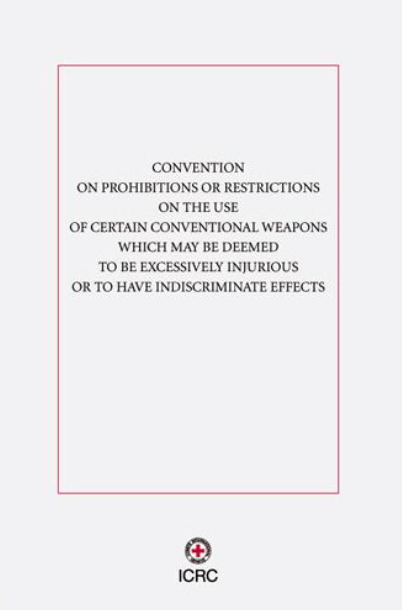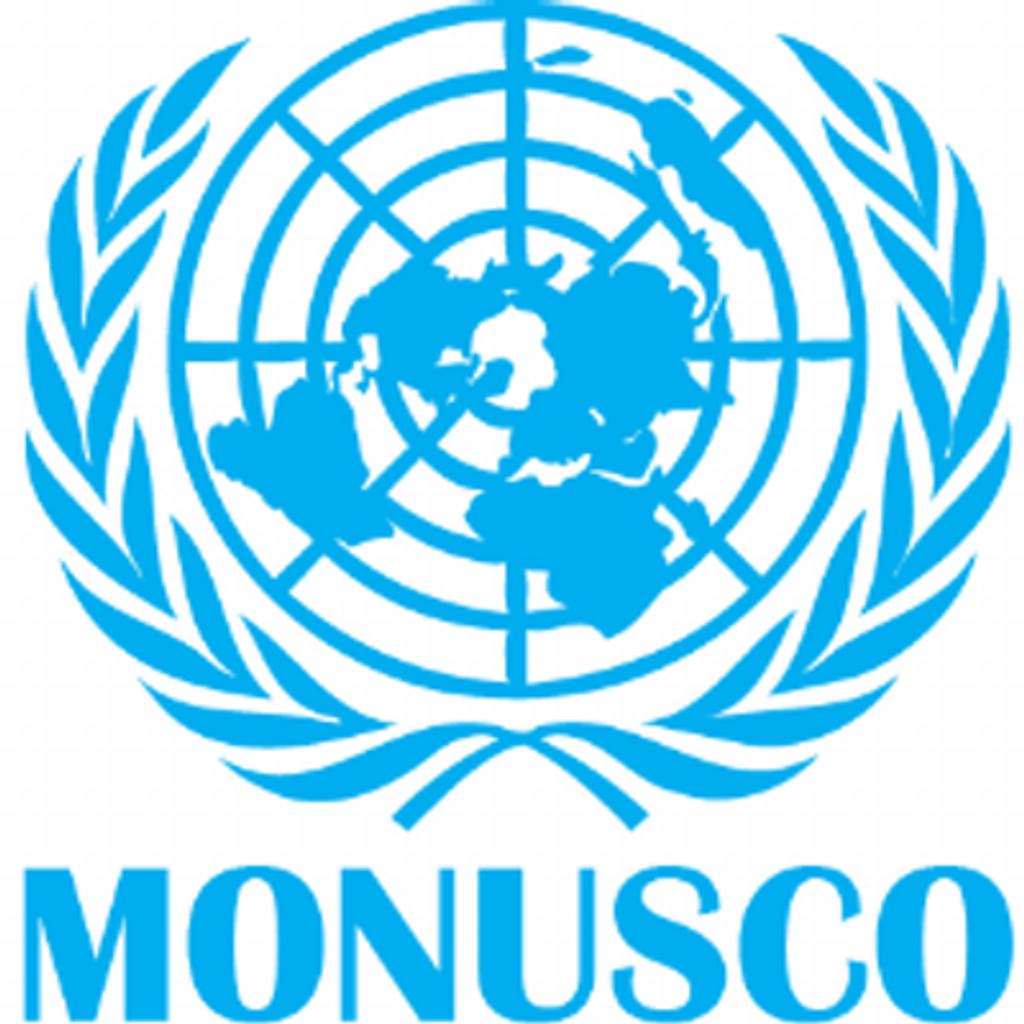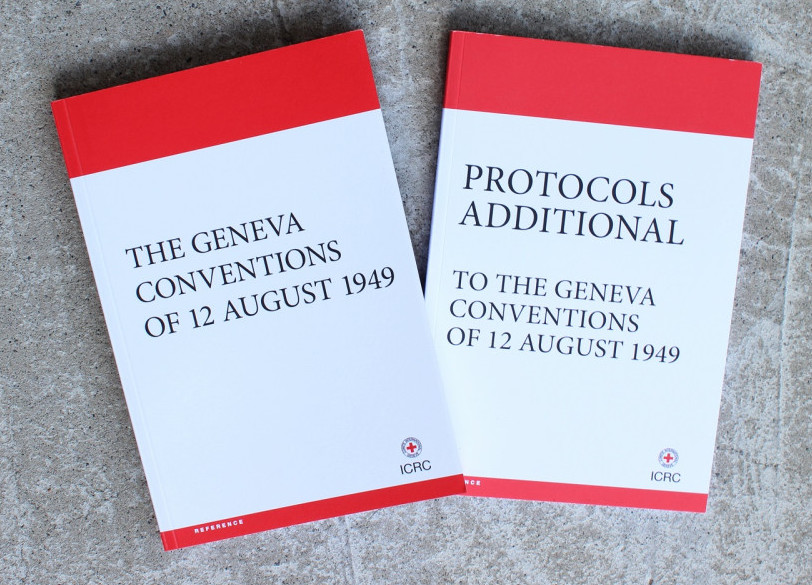By René Wadlow
Currently, there is at the highest foreign policy-making level in the USA a debate concerning the United States (U.S.) sending cluster bombs to Ukraine to support the ongoing counteroffensive. The Ukraine military forces have used most of the cluster bombs they had. It would take a good bit of time to manufacture new cluster weapons. Hence the request for cluster munitions from the U.S.A. However, cluster weapons have been outlawed by a Cluster Weapons Convention signed by many states.
In a remarkable combination of civil society pressure and leadership from a small number of progressive states, a strong ban on the use, manufacture and stocking of cluster bombs was agreed by 111 countries in Dublin, Ireland on May 30, 2008. However, bright sunshine casts a dark shadow. In this case, the dark shadow is the fact that the major makers and users of cluster munitions were deliberately absent from the agreement: Brazil, China, India, Israel, Pakistan, Russia, and the U.S.A.
As arms negotiations at the United Nations (UN) go, the cluster bomb ban has been swift. They began in Oslo, Norway in February 2007 and were often called the “Oslo Process.” The negotiations were a justified reaction to their wide use by Israel in Lebanon during the July-August 2006 conflict. The UN Mine Action Coordination Center working in southern Lebanon reported that their density there is higher than in Kosovo and Iraq, especially in built-up areas, posing a constant threat to hundreds of thousands of people as well as to UN peacemakers. It is estimated that one million cluster bombs were fired in south Lebanon during the 34 days of war, many during the last two days of war when a ceasefire was a real possibility. The Hezbollah militia also shot rockets with cluster bombs into northern Israel.
Cluster munitions are warheads that scatter scores of smaller bombs. Many of these sub-munitions fail to detonate on impact, leaving them scattered on the ground, ready to kill and maim when disturbed or handled. Reports from humanitarian organizations have shown that civilians make up the vast majority of the victims of cluster bombs, especially children attracted by their small size and often bright colors.
The failure rate of cluster munitions is high, ranging from 30 to 80 per cent. But “failure” may be the wrong word. They may, in fact, be designed to kill later. The large number of unexploded cluster bombs means that farmlands and forests cannot be used or used with great danger. Most people killed and wounded by cluster bombs in the 21 conflicts where they have been used are civilians, often young. Such persons often suffer severe injuries such as loss of limbs and loss of sight. It is difficult to resume work or schooling.
Discussions on a ban on cluster weapons had begun in 1979 during the negotiations in Geneva which led to the 1980 “Convention on Prohibition on the Use of Certain Conventional Weapons which May be Deemed to be Excessively Injurious or to Have Indiscriminate Effects.” The indiscriminate impact of cluster bombs was raised by the representative of the Quaker United Nations Office in Geneva and by myself for the Association of World Citizens. My Nongovernmental Organization text of August 1979 “Anti-Personnel Fragmentation Weapons” called for a ban based on the 1868 St. Petersbourg Declaration and recommended the creation of “permanent verification and dispute-settlement procedures which may investigate all charges of the use of prohibited weapons whether in inter-State or internal conflicts and that such a permanent body include a consultative committee of experts who could begin their work without a prior resolution of the UN Security Council.”
At the start of the review conference of the “Convention on Prohibition on the Use of Certain Conventional Weapons” then UN Secretary-General Kofi Annan called for a freeze on the transfer of cluster munitions – the heart of the current debate on U.S. transfers of cluster weapons to Ukraine.
There was little public outcry at the use by Ukrainian forces of cluster weapons since they were fighting against a stronger enemy. However, the debate in the U.S.A. may raise the awareness of the use of cluster weapons and lead to respect for the aim of the cluster weapon ban.
Prof. René Wadlow is President of the Association of World Citizens.


